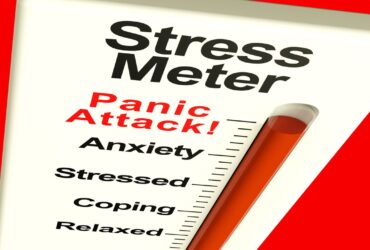Obsessive Compulsive disorder manifests in as compulsive thoughts and behavior that are believed to be caused by extreme levels of anxiety
Obsessive-Compulsive Disorder (OCD) describes a person that engages in unwanted compulsive behavior repetitively, obsessively, and without a rational purpose.
Examples of such behavior include excessive hand washing and ritualistic behaviors such as needing to count to ten before drinking a glass of water or taping the kitchen table three times before eating.
OCD is an anxiety disorder that, if severe enough, can affect almost every aspect of a person’s life. For those afflicted with OCD, the behavior is unwanted but driven by intrusive and persistent thoughts, mental images, and compulsions.
Treatment for OCD may include psychotherapy, usually in the form of cognitive-behavioral therapy (CBT), and the use of antidepressants, such as Zoloft or Paxil, which are selective serotonin reuptake inhibitors (SRI).






